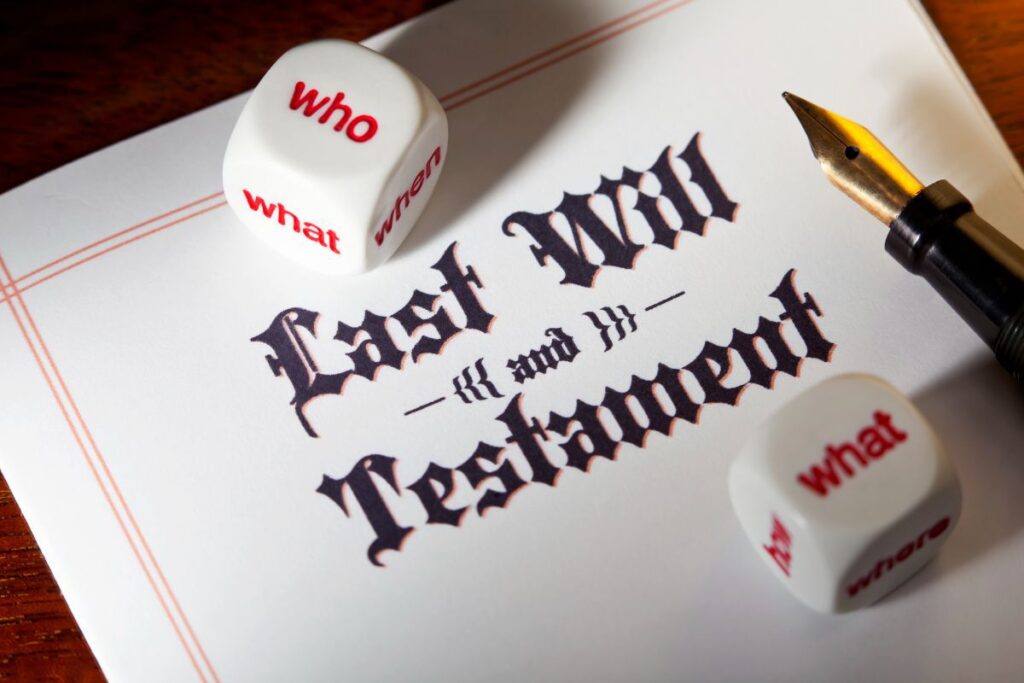The topic of estate planning routinely brings thoughts of death or unpleasant circumstances, and so many Virginia residents avoid it entirely. But in reality, estate planning involves much more – and planning for your future to remove many burdens from your family is a worthy course of action.
Are you new to estate planning? Here are some questions you always wanted to ask about estate planning and some concrete answers.
What is Estate Planning?
“I’m not wealthy; do I need an estate plan?” This common question reflects a serious misconception about estate planning. Too many people think of “an estate” as mansions and thousands of acres of land with many other expensive properties. This can be true; but most often, an estate is simply everything you own. When you reflect on it, you may have more assets than you realize:
- Primary home
- Vehicles
- Recreational vehicles
- Checking accounts
- Savings accounts
- Retirement accounts
- Trusts
- Digital assets
- Collectibles
Estate planning is simply the process of anticipating and arranging for the management and disposal of your estate during your life and after your death, while minimizing the tax burdens and other concerns for your family.
How is My Property Transferred When I Die?
Concerns about what happens to your primary home and other property are valid, and estate planning allows you to control what happens upon your death. Property is transferred at death in several ways:
- A valid will – This is a legal document that expresses how you want your property and other assets in your name alone distributed at your death. It also names one or more persons to manage the estate and asset distributions.
- Beneficiary designations – Some assets allow you to designate beneficiaries, or who will receive the assets upon your death. These include retirement plans, life insurance policies, prenuptial or postnuptial agreements.
- Right of survivorship – This legal term refers to any assets you co-own with another person or entity. Upon your death, the jointly owned property automatically becomes the surviving owner’s property.
- State law – When there is no will, the Virginia statutes for intestacy determine what happens to your assets.
What Happens if I Die Without a Will?
Dying without a valid will, called dying intestate, means that whatever rule the legislature created will determine who receives your property and assets, except for those passing through beneficiary designations or right of survivorship. To the extent there is conflict or unusual circumstances, the courts decide these matters according to various laws and other factors, but their decisions are rarely what you would choose if you had created a will before death.
I Told My Children to Divide My Estate Equally. Isn’t that Good Enough?
Unfortunately not. Simply making a statement, even in writing, that your children or other beneficiaries are to “divide everything equally” carries little or no legal weight. Effective estate planning will list which assets are to pass to which beneficiaries, and how, as well as make sure those assets are not already designated by some other means, like right of survivorship or beneficiary designations. Plus, unless you make arrangements for how any remaining taxes or debts are to be handled after your death, some of your assets may have to be liquidated to settle these matters, denying them to your beneficiaries.
Can’t I Just Prepare My Own Will?
Many have heard that estate planning is expensive, and there are many DIY options online for creating a will. This is not recommended. A self-prepared will using boilerplate verbiage can easily be contested and leave many loopholes, as state laws vary about wills and other estate planning measures. Your best bet, and the least expensive in the long run, is to consult with an estate planning professional who can help you create a secure and effective estate plan.
How Can I Talk with My Aging Parents About Estate Planning?
Sometimes breaking the ice and talking with older parents and grandparents about estate planning can be difficult. You don’t want them to feel rushed or unwanted, but advance planning is critical for them and the future. It is important that you share the benefits of estate planning, including eliminating erroneous ideas and conflicts, bringing the family together, passing on family values and encouraging proper behavior in the future.
Some tips for approaching the subject include:
- Be honest and sincere.
- Find the right time and environment.
- Listen to your elderly loved ones’ concerns.
- Answer their questions with facts.
- Stress the benefits of having an estate plan and discuss the consequences of not having a plan.
- Engage a neutral third party like a seasoned Estate Planning Attorney.
Promise Law in Newport News, Virginia, offers a free, educational Estate Planning Workshop that includes a complimentary consultation with an experienced Estate Planning Attorney. This is a great way to begin learning about estate planning without any pressure or hassles. Contact us today to register for the workshop.




